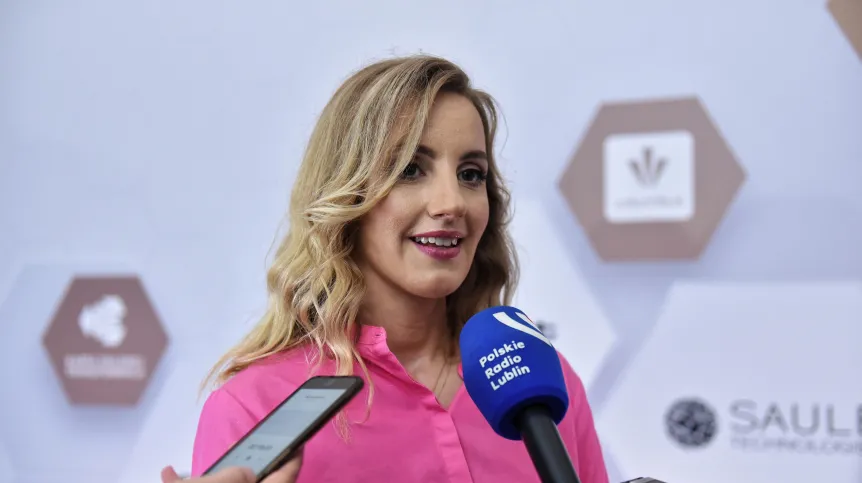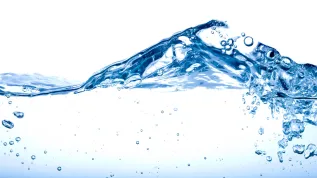
The first step towards using perovskite cells in space will be to increase their capacity to power small satellites, Olga Malinkiewicz, a physicist and co-founder of Saule Technologies, tells PAP.
The SpaceX Falcon-9 rocket with mission Transporter-9 was launched November 11, carrying perovskite cells for the Polish observation satellite STORK-7. This will be the first ever test of this type of cells in space.
When asked what the expectations are regarding the use of perovskites in space, the inventor of the method of producing printed solar cells based on perovskites replies that the first step is to increase their capacity to power small satellites.
'A larger energy budget will allow us to upgrade existing satellites without the need to interfere with their design, for example by increasing the computing power of on-board devices,’ she says.
The next step will be 'developing proprietary solutions for flexible cells to replace traditional, stiff and brittle cells used in space.’
'Imagine foldable cells, with a very low mass, because they are printed on a thin foil with a large surface, which can be packed into a container the size of a matchbox. Going further, you can also imagine printing solar cells on space stations, if necessary. Our technology would create such opportunities because it is based on digital printing technology. And, as we know, printing has been used in space for a long time', says Olga Malinkiewicz who serves as CTO and management board member at Saule Technologies.
The goal of the mission is to confirm the resistance of perovskite cells to cosmic radiation, which has already been demonstrated in laboratory tests.
'It is an ideal power source in space for a number of reasons. Perovskite cells are much lighter than traditional cells, which is extremely important considering the cost of transporting each kilogram to orbit. They are flexible, so they can be packed into a small space. In turn, because they are digitally printed, they can take any shape. This means that the available surfaces can be used to the maximum extent for generating electricity,’ Malinkiewicz says.
During the mission, the cells will be constantly monitored. Measurements of current, sunlight intensity and temperature, sent to ground stations, will enable real-time analysis of cell operation. If the tests are successful, a completely new area of use will open up for this technology.
The Polish observation satellite STORK-7 is equipped with 28 perovskite cells. SatRev is responsible for the construction, software, launch and operation of the satellite in orbit.
As part of the same Falcon 9 launch, the Intuition-1 satellite has been launched into orbit. The satellite, built by the Polish company KP Labs based in Gliwice, is equipped with a hyperspectral (optical) instrument for mapping the Earth's surface.
PAP - Science in Poland, Magdalena Barcz
bar/ agt/ kap/
tr. RL













